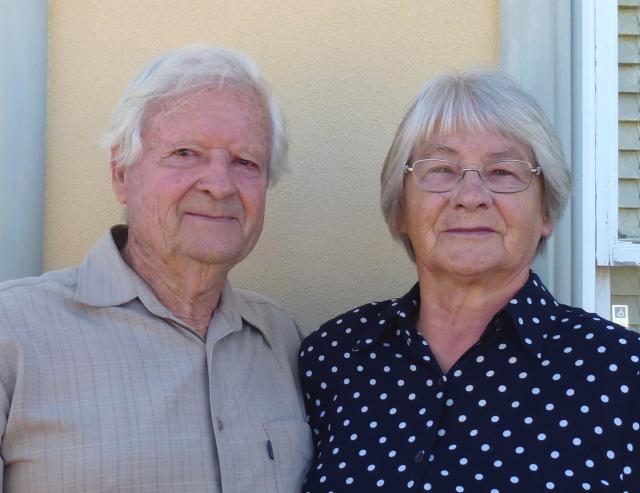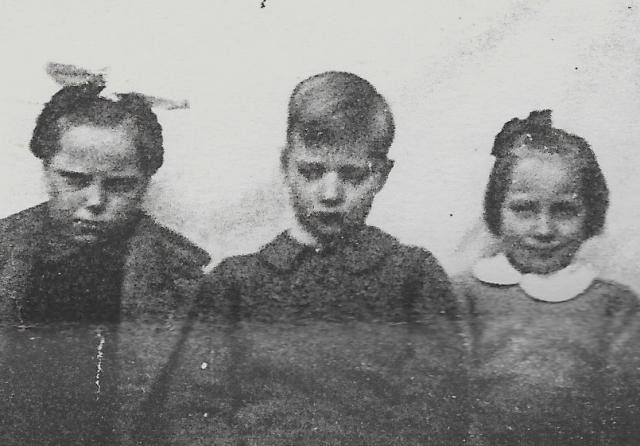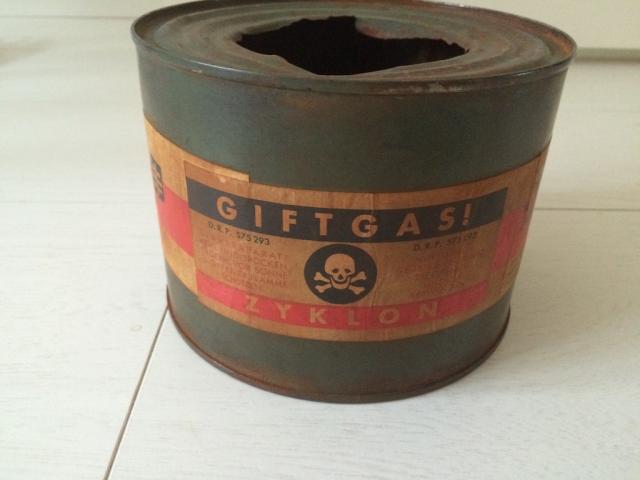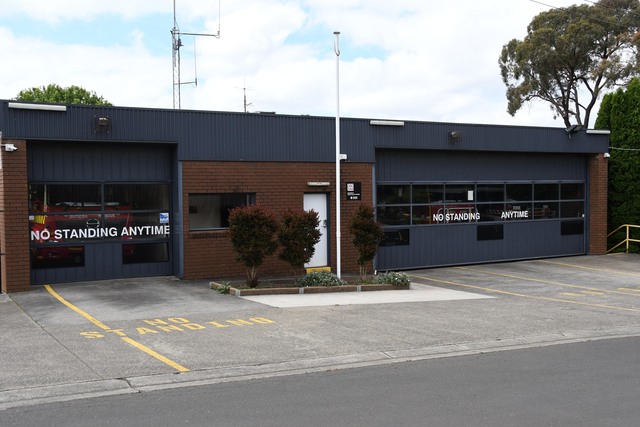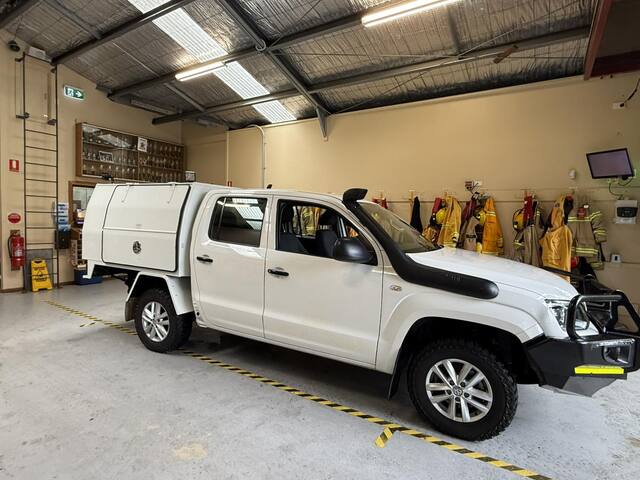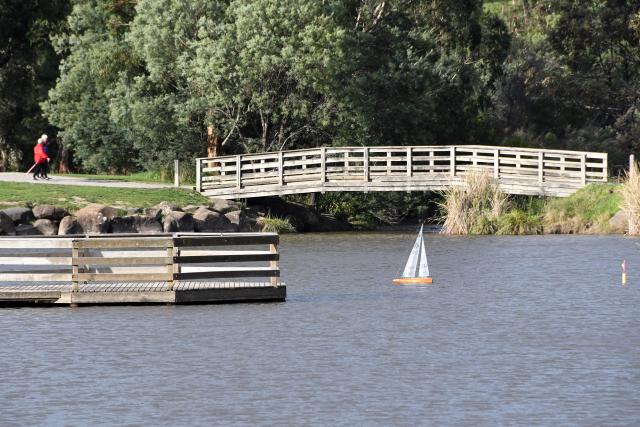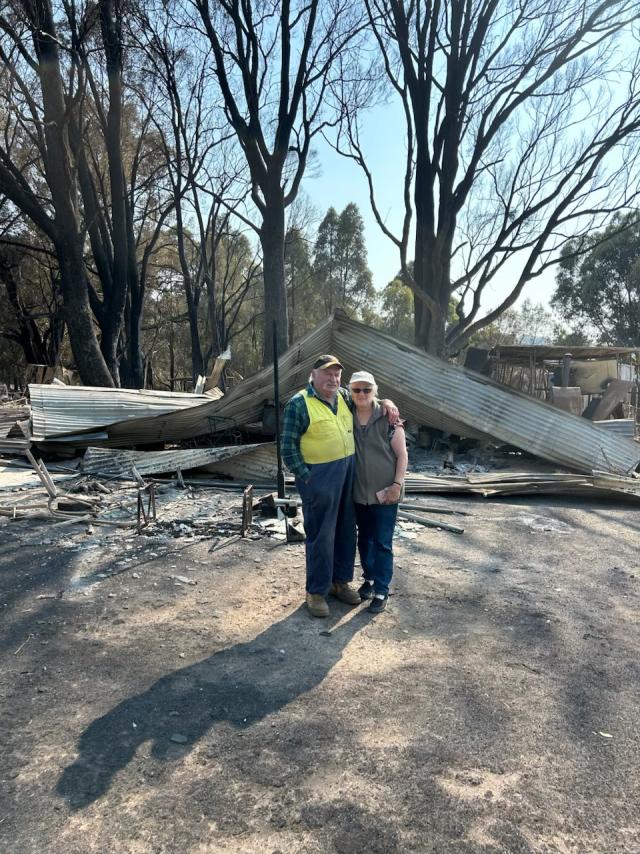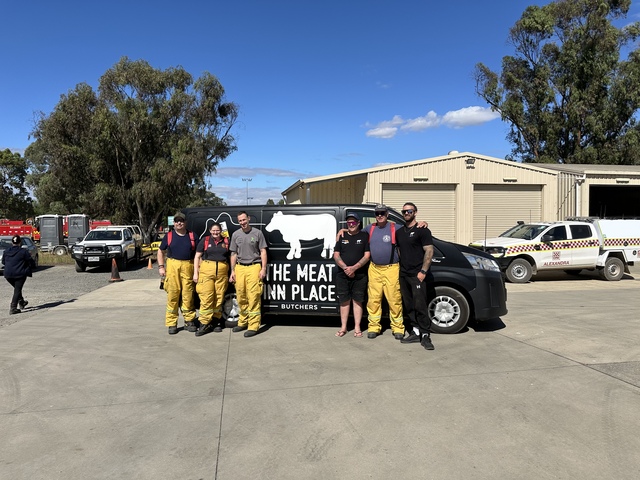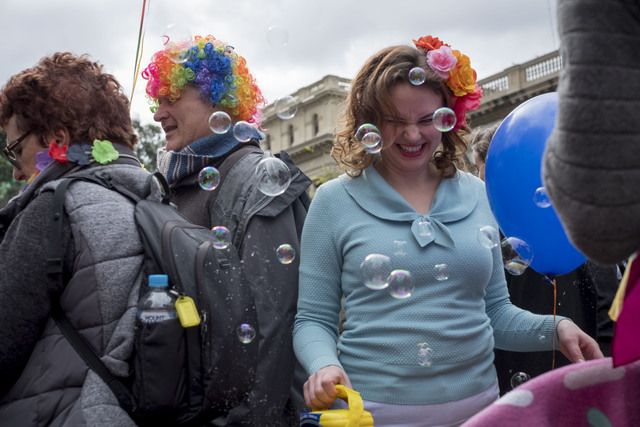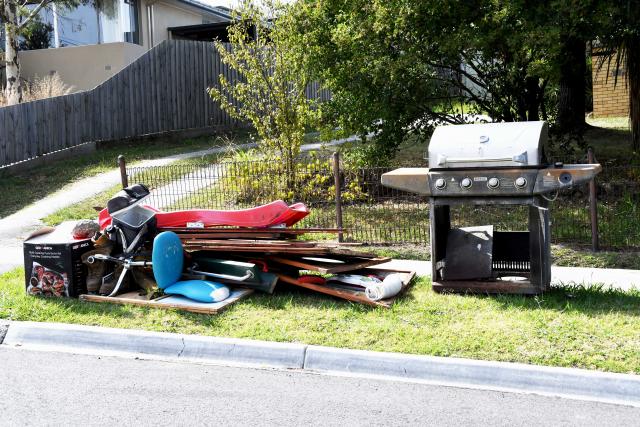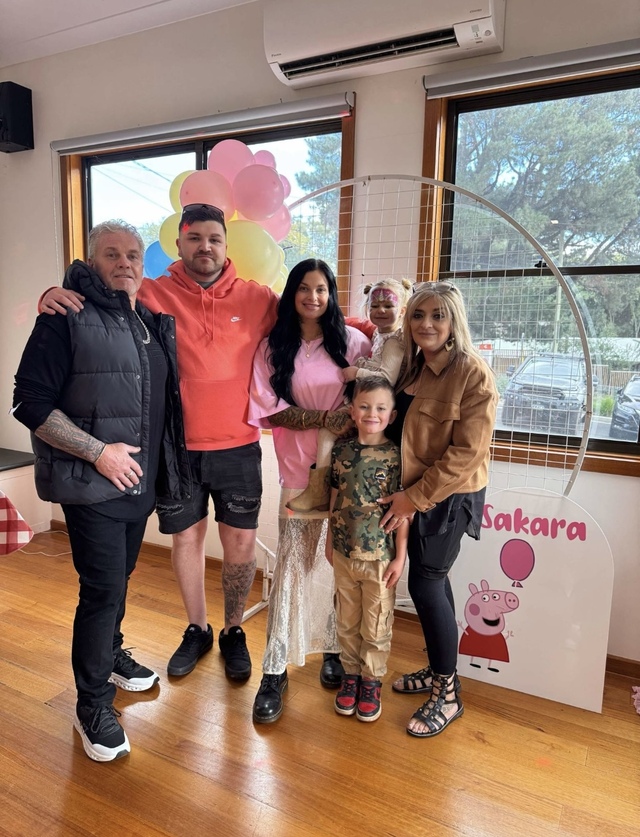You could say that 84 year old Wes Wlodarczyk from Emerald has been to hell and back.
As a seven year old lad in 1944, he was with a group of prisoners which included his mother and two sisters Grarzyna 8 and Jadniga 6 that were herded into a gas chamber in Hohenfels, a German concentration camp.
The doors bolted in readiness for the Zyklon B, a toxic gas consisting of hydrogen cyanide, “death” gas to be released.
After half an hour of “nothing happening”, the doors were unlocked, opened and the prisoners were spared death.
During WWII Wes’s father relocated his family from Poland to Keszthely, a large Hungarian town, fearing that staying in Poland was too dangerous.
Once his wife and three young children were safely in Hungary, he joined the British army and went into active service in Tobruk.
Although Hungary was friendly with Germany, they were always friendly to Poland and its people and promised to look after them.
However after the Germans exterminated the Jewish population by mid 1944, they took over the rule in Hungary and decided to clean up the country of Poles as well.
They rounded up mostly women with children, the sick and elderly and loaded them into railway cattle trucks for the fourteen to twenty day trip to Germany.
Wes remembers that under these conditions many died.
“It was horrible,” he said.
“When we arrived in Germany no one knew what was going on and no camp wanted to take us as they were all full. We were moved from camp to camp for nearly six months and at the end we finished up in a small camp which to my memory was called Hohenfels.
“This camp at first seemed to be just like the previous camps where the first thing they did was to spray us with D.D.T. to kill any vermin, lice, germs or bugs. However a short time after arrival there we were paraded naked past some tables where different men and women sat some with nurse habits and some who could have passed as doctors and we all went in to small concrete cubicles which lined the whole length of a huge shed like an aircraft hangar. Everyone went in quietly thinking that it was all for a shower. But when all the cubicles were filled and the doors were locked, the inmates found that there were no sprinkles just a small trap door in the centre of the ceiling. That’s when it dawned on the men that they were locked in a gas chamber. A panic broke out and I nearly got trampled to death. Anyway, after about half an hour the doors were opened and we were out. Now I suppose you want to know what happened that we came out alive? This I was never able to find out, but there could have been a number of reasons. Maybe they ran out of gas but I do not really think so. I think that there was a problem in giving the final order to drop the gas. The war was ending and although the Germans in charge wanted to get rid of any evidence and witnesses to their genocide, no one wanted to take the responsibility for the signing of the order, fearing that showing their name on the order would have serious repercussions post-war. As a seven year old I was deeply traumatised for many years later even after arriving in Australia.”
Wes met his sweetheart Marianna after arriving in Australia and the couple married in Sydney in 1970.
The couple has three children and seven grandchildren.
Wes still remains in contact with his two sisters.
When asked if the memory of waiting for the gas to be released still haunted him, devout Catholic Wes said no.
Being at peace with God and belief in Divine Providence has sustained him.

